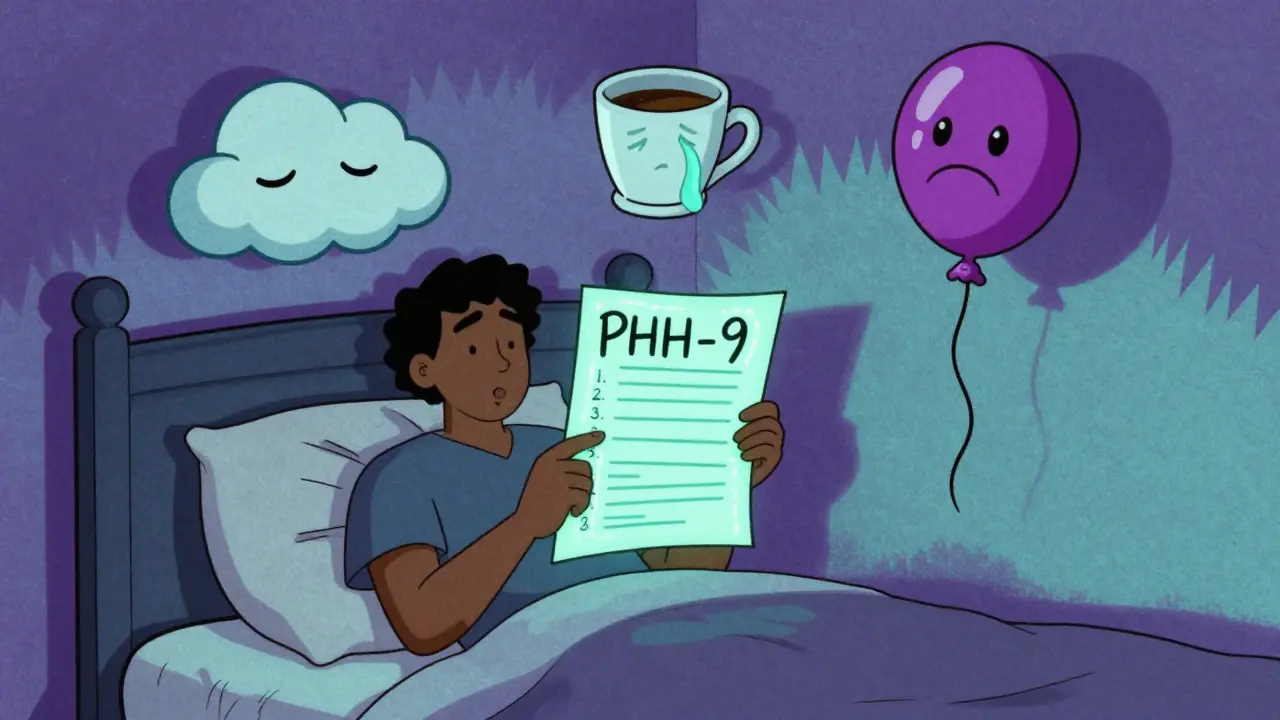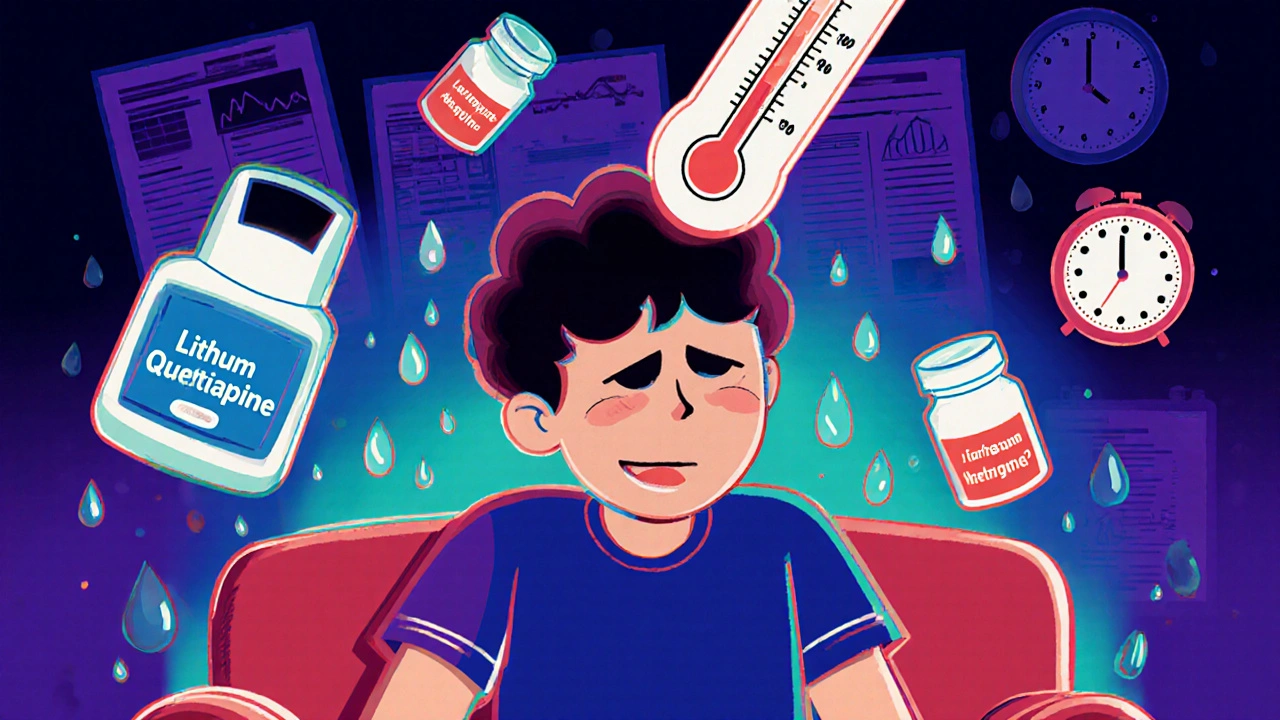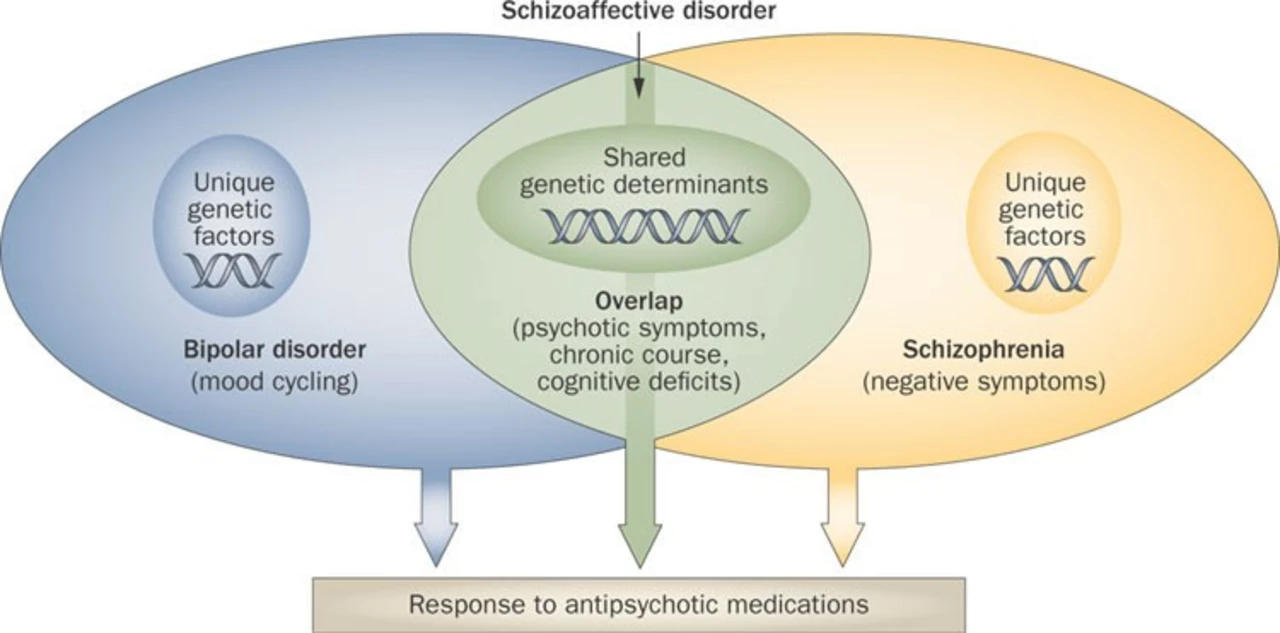Mental Health: Practical Tips, Treatments & Real Stories
Mental health affects how we think, feel and act every day. This page gathers practical advice, clear explanations of treatments, and real patient experiences so you can find what helps without getting lost in medical jargon. If you worry about anxiety, mood swings, or the emotional weight of a chronic illness, keep reading for useful steps you can try now.
Living with a long-term condition like genotype 3 chronic hepatitis C can hit your mood hard. Fear of complications, fatigue and social stigma often lead to anxiety and depression. Talking with a clinician about both your liver care and your mental health helps. Practical moves include small routines, reachable goals and checking whether medicines or therapy might ease symptoms.
Some medications used for anxiety might also help with mood instability. For example, buspirone is an anti-anxiety drug being studied for bipolar symptoms. Early reports show it may reduce anxiety and smooth mood swings when used alongside standard bipolar treatments. Always talk to your psychiatrist before changing any medicines; combining drugs needs careful monitoring to avoid side effects or interactions.
Simple steps to try
Start with small habits: keep a sleep schedule, eat regular meals, and move a little each day. These basics stabilize mood far more than people expect. Use a mood tracker app or a simple notebook to spot patterns—what makes you worse or better. When stress spikes, try breathing exercises or a five-minute walk to interrupt negative thinking.
When to get professional help
If low mood or anxiety lasts more than two weeks, or if you have thoughts of harming yourself, get help now. A primary care doctor, psychiatrist or therapist can assess whether medication, therapy or a combination will help. If you live with a chronic physical illness, request integrated care so your mental and physical needs are treated together.
Stigma makes seeking help harder, but sharing your experience with a trusted friend, peer group or online community can reduce isolation. Real stories—like coping with hepatitis C or trying new medicines for bipolar disorder—remind us that progress often comes in small steps. Track what works, ask questions, and be honest with your providers about side effects and mood changes.
Finally, emergency resources matter. Keep contact numbers for urgent mental health services and local crisis lines handy. Managing mental health is ongoing, but clear steps, honest conversations with clinicians, and small daily habits can make life steadier and more predictable.
If you are caring for someone, set clear boundaries and encourage regular appointments. Supporters should learn how to spot worsening mood, help with medication reminders and keep a short list of crisis contacts. Peer support groups share practical coping tools and clinic recommendations. Online forums can help with tips, but always verify medical advice with a professional. Small steady support from family and clinicians often speeds recovery more than rare dramatic interventions. Keep a simple communication plan so everyone knows who does what in a crisis.
You are not alone.

How to Monitor Antidepressant Effectiveness and Manage Side Effects: Practical Patient Strategies
Learn how to track antidepressant effectiveness and manage side effects using simple tools like PHQ-9, daily mood logs, and side effect checklists. Real strategies that work.

Bipolar Disorder: Managing Mood Stabilizers and Antipsychotics Effectively
Learn how mood stabilizers and antipsychotics manage bipolar disorder, their real-world side effects, and how to work with your doctor to find the right balance without giving up on life.

Metoprolol and Depression: Risks, Symptoms, and Management
Explore the possible link between Metoprolol and depression, learn risk factors, recognize symptoms, and discover practical steps to manage mood while staying on heart medication.
The Psychological Impact of Living with Genotype 3 Chronic Hepatitis C
Living with Genotype 3 Chronic Hepatitis C has been a challenging and life-changing experience for me. This condition has not only affected my physical health, but has also taken a toll on my mental well-being. The constant uncertainty and fear of complications have led me to experience anxiety and depression. Additionally, the stigma associated with Hepatitis C has resulted in social isolation, making it difficult for me to maintain relationships and seek support. Overall, the psychological impact of this disease has significantly impacted my quality of life, making it essential to prioritize both physical and mental health in my treatment journey.

The Potential Role of Buspirone in Treating Bipolar Disorder
I recently came across some research on the potential role of Buspirone in treating Bipolar Disorder. It turns out that this medication, often used for anxiety, may be beneficial for those experiencing mood swings associated with this condition. Studies are still ongoing, but preliminary results show promising improvements in mood stability and overall mental health. I'm hopeful that this could be a breakthrough in the field of mental health treatment, and I'm looking forward to seeing more research on this subject. It's amazing to think that a medication originally used for anxiety might be the key to helping those with Bipolar Disorder live more stable and fulfilling lives.
